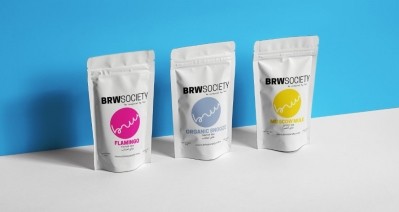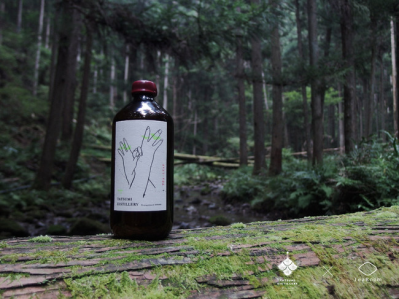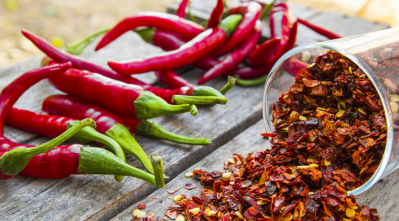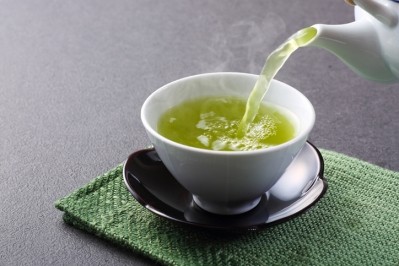Ayurvedic tea in Japan: Start-up adds two new blends as sales reach the boil
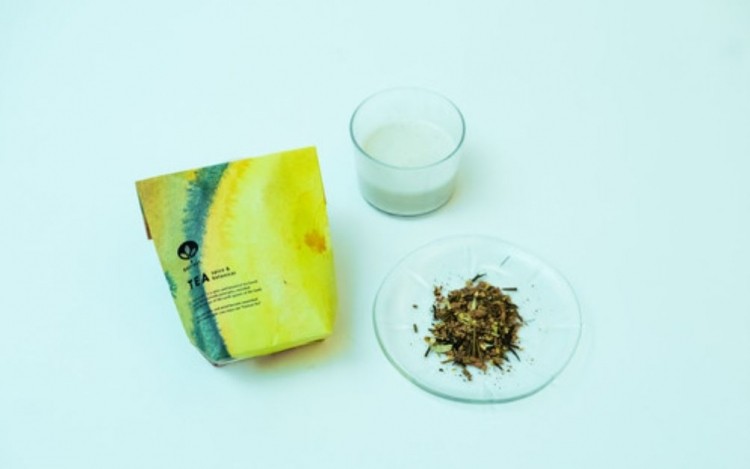
The first new blend is a chai-based tea (Japanese name: karada ga pokapoka) which claims to relieve anxiety, warm the body, and help consumers feel calmer. It contains cassia, roasted Japanese green tea, ginger roots, cardamom, cloves, and licorice.
The second blend (Japanese name: kibun ga sawayaka) is a tea said to provide refreshing functions.
Made from Yerba Buena (mint), moon peach, lemongrass, ginger, dill, orange zest, Kobayashi said these ingredients could help consumers cool down especially during the hot and humid summers in Japan.
The former (Japanese name: kokoro ni odayaka yorokobu cha) contains Shatavari roots, which is an Ayurvedic herb said to balance female hormones. Kobayashi said the blend was also effective in supporting pregnancy, preventing menopausal symptoms and improving menstrual conditions.
The latter (Japanese name: onaka ni sukkiri reset cha) contains the Ayurvedic herb, holy basil for relieving diarrhoea and constipation.
The firm’s other two existing products include a tea targeting female conditions and another tea for relieving intestinal problems.
Future plans
Founder Shizuka Kobayashi established the company in 2018. According to her, the meaning behind the company name eatreat was a coined phrase for ‘eat and retreat’.
Sales grew 20% in 2019, increasing to 50% in 2020. Kobayashi attributed the growth in sales to the opening of the company’s restaurant in 2019 in East Tokyo, which provided a physical store for consumers to purchase.
The tea blends retail for around JPY2,100 (US$20) for 14 sachets, on the company’s e-commerce store as well as the restaurant.
As of now, there are no plans to sell in retail stores, “This is because the Ayurvedic herbs that I handle are in small quantities and cannot be mass produced,” Kobayashi explained.
Kobayashi told us the firm was working on a blend of Centella Asiatica, a formula said to enhance mindfulness and improve cognitive functions, to be released next year.
When asked on future plans, Kobayashi said there were no immediate plans to export the teas outside of Japan, but hopes one day to enter Asian markets where there was still a culture of using traditional medicine.
While not as popular as Kampo which is derived from Chinese Traditional Medicine, the use of Ayurveda has been rising in recent years in Japan.
In 2018, India’s Ministry of AYUSH (Ayurveda, Yoga and Naturopathy, Unani, Siddha and Homoeopathy) and the Japan’s Kanagawa Prefectural Government signed a Memorandum of Cooperation (MoC) to promote the use of Ayurveda in healthcare and prevention of non-communicable diseases.
